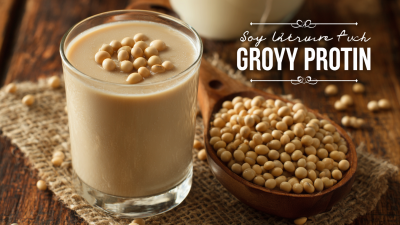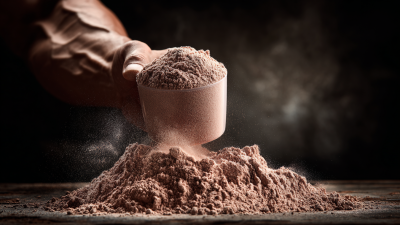When it comes to enhancing your fitness regimen or meeting your dietary needs, choosing the right Nutritional Protein Powder can be a game changer. With countless options available on the market, it can be overwhelming to determine which type aligns best with your goals—be it muscle recovery, weight management, or overall health support. Understanding the various types of protein powders, such as whey, casein, soy, and plant-based options, is crucial for making an informed decision.
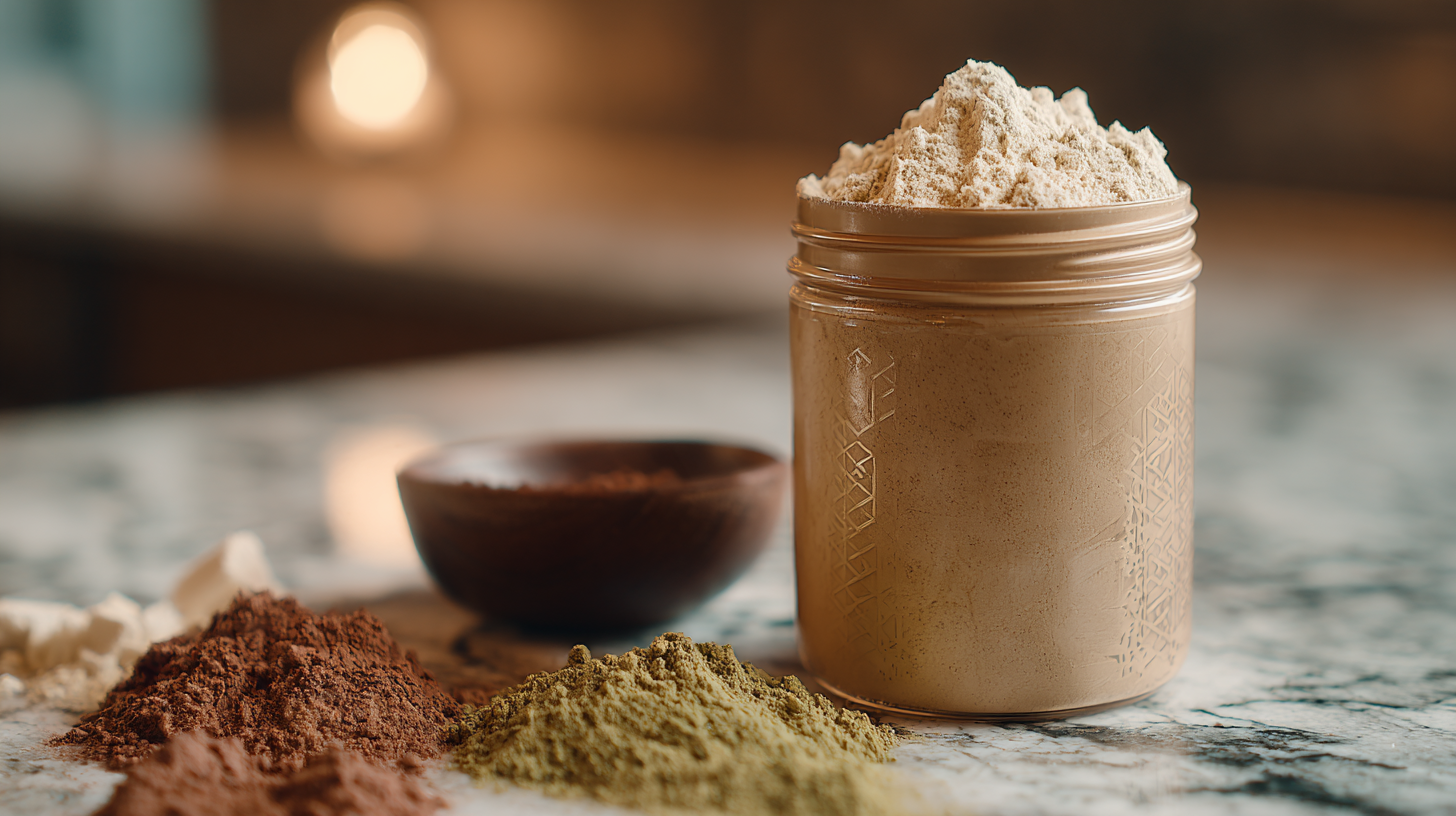
In this blog, we will explore five essential tips that will guide you in selecting the best Nutritional Protein Powder tailored to your lifestyle, preferences, and nutritional requirements. Whether you're a seasoned athlete or just starting your health journey, these insights will help you navigate the sea of choices and find a product that complements your journey toward wellness.
When it comes to selecting the best nutritional protein powder, a thorough understanding of your personal goals is paramount. According to a report from the International Society of Sports Nutrition (ISSN), individual protein requirements can vary significantly based on activity level, body composition goals, and overall dietary needs. For instance, athletes focusing on muscle gain may require up to 1.6-2.2 grams of protein per kilogram of body weight, while those looking to maintain weight might aim for the lower end of that spectrum.
Additionally, assessing your nutritional needs means considering factors such as age, gender, and health status. A study published in the American Journal of Clinical Nutrition highlights the importance of protein intake for older adults, recommending a higher intake to prevent sarcopenia, or age-related muscle loss. Thus, understanding these nuances in your nutritional needs ensures that you choose a protein powder that not only aligns with your fitness goals but also supports your overall health.
| Tip | Description | Target Audience | Key Nutrients |
|---|---|---|---|
| 1. Assess Your Dietary Needs | Identify if you need to increase protein intake for muscle gain, weight loss, or general health. | Athletes, Bodybuilders, Health-Conscious Individuals | Protein, Amino Acids |
| 2. Check the Ingredient List | Opt for products with minimal ingredients and avoid artificial additives. | Health-Conscious Consumers | Vitamins, Minerals |
| 3. Determine Protein Source | Choose between whey, casein, plant-based, or egg protein based on dietary restrictions. | Vegans, Lactose-Intolerant Individuals | Complete vs Incomplete Proteins |
| 4. Look for Third-Party Testing | Choose products that have been tested for purity and quality by third-party organizations. | Quality-Conscious Consumers | Safety, Effectiveness |
| 5. Evaluate Cost-Effectiveness | Compare the price per serving and consider the value each serving provides. | Budget-Conscious Shoppers | Value for Money |
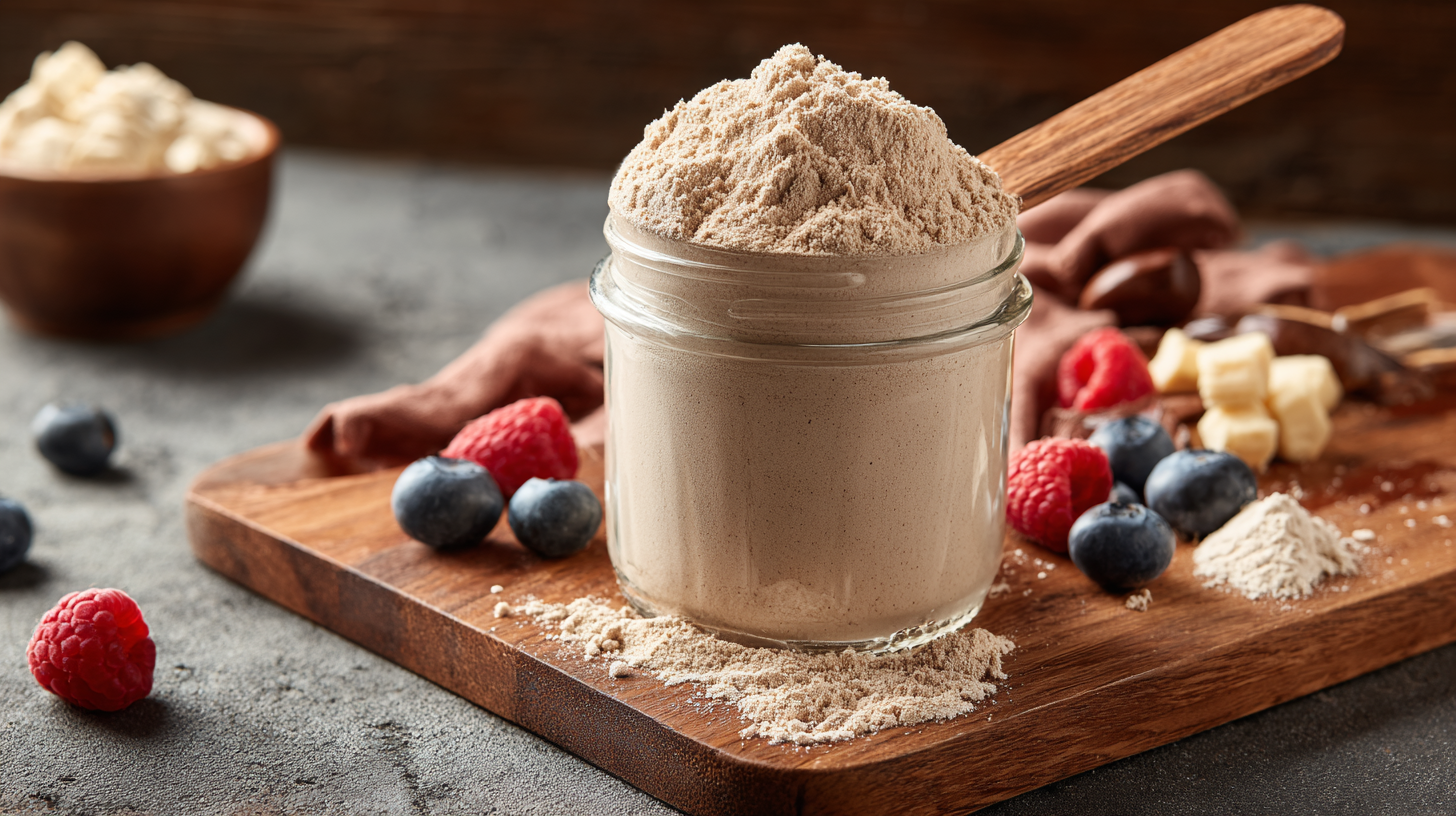 When it comes to choosing the best nutritional protein powder, understanding the different types available can significantly influence your decision. Protein powders can be derived from various sources, each offering unique benefits. For instance, whey protein is popular among athletes for its excellent amino acid profile and quick absorption, making it ideal for post-workout recovery. On the other hand, plant-based options like pea and hemp protein provide a suitable alternative for vegetarians and those with lactose intolerance.
When it comes to choosing the best nutritional protein powder, understanding the different types available can significantly influence your decision. Protein powders can be derived from various sources, each offering unique benefits. For instance, whey protein is popular among athletes for its excellent amino acid profile and quick absorption, making it ideal for post-workout recovery. On the other hand, plant-based options like pea and hemp protein provide a suitable alternative for vegetarians and those with lactose intolerance.
When selecting a protein powder, consider your dietary needs. If you’re looking to build muscle, opting for a protein powder higher in branched-chain amino acids (BCAAs) can aid muscle recovery and growth. Additionally, pay attention to added ingredients; some powders contain sugars and artificial additives that may not align with your nutrition goals. Lastly, always opt for a protein powder that suits your lifestyle, whether it’s for pre-workout fuel or as a meal supplement, ensuring it helps you stay on track with your fitness regime.
When choosing a nutritional protein powder, evaluating the ingredients on the label is crucial. A recent report from the International Society of Sports Nutrition highlighted that protein powders should ideally contain at least 20 grams of protein per serving to be effective for muscle maintenance and repair. Look for high-quality protein sources such as whey, casein, or plant-based proteins like pea or brown rice. These protein sources are not only high in essential amino acids but also digestible, which can significantly impact your workout recovery.
Additionally, it's vital to examine the presence of additives, sweeteners, and fillers on the label. According to a survey by the Clean Label Project, nearly 60% of protein powders tested contained detectable levels of heavy metals and contaminants. Opt for products that have undergone third-party testing to ensure safety and efficacy. Moreover, avoid protein powders with artificial flavors or unnecessary fillers, as these can detract from the health benefits you're aiming for. Prioritizing clean, transparent ingredient lists will guide your selection towards a protein powder that can genuinely support your nutritional goals.
When it comes to selecting a protein powder, flavor and texture play a crucial role in ensuring you enjoy your nutritional supplement. It's essential to choose a flavor that excites your taste buds; after all, you’re more likely to stick with a routine if you look forward to your shakes. Many brands offer a wide variety of flavors ranging from classic vanilla and chocolate to more adventurous options like cake batter or salted caramel. Sampling different flavors can help you find the one that not only meets your taste preferences but also complements your cooking and smoothie recipes.
Texture is another important factor to consider. A protein powder that is gritty or chalky can detract from the overall experience, making it less enjoyable to consume regularly. Look for products that blend smoothly and have a pleasant mouthfeel. Reviews and user testimonials are great resources for gauging the texture of different powders. Additionally, experimenting with different preparation methods, like mixing with water versus milk or adding fruits and nut butters, can enhance the overall texture and flavor, making your protein intake a delightful part of your daily routine.
When selecting a nutritional protein powder, understanding the balance between price and quality is crucial. A report from the International Society of Sports Nutrition highlights that the quality of protein powder can significantly impact overall health and fitness outcomes. For instance, it’s noted that higher-quality protein sources, such as whey or casein, provide essential amino acids more effectively than lower-cost alternatives, which often rely on fillers and lower-grade proteins. This is particularly important for athletes and fitness enthusiasts who are aiming for muscle recovery and growth.
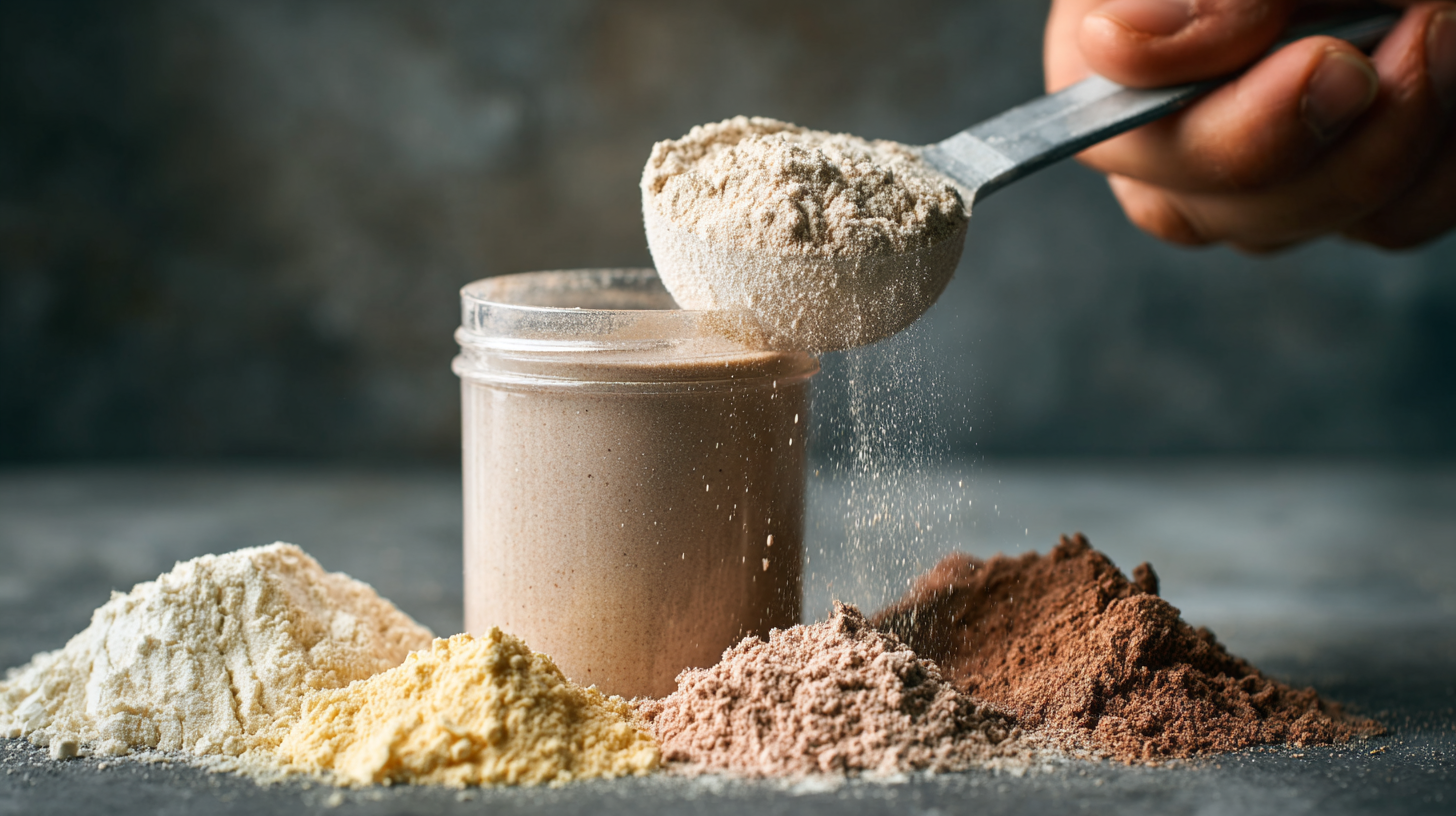
Additionally, a study published in the Journal of Strength and Conditioning Research found that while the average cost of protein powders ranges from $0.60 to $2.00 per serving, the quality varies widely. Powders that are more expensive often undergo rigorous testing for purity and efficacy, ensuring they are free from contaminants and meet label claims. This might justify the higher price, especially considering that investing in quality protein can enhance performance and prevent potential health risks associated with inferior products. Thus, consumers should prioritize nutritional value and ingredient sourcing over cost to make informed, beneficial choices in their protein supplementation.


